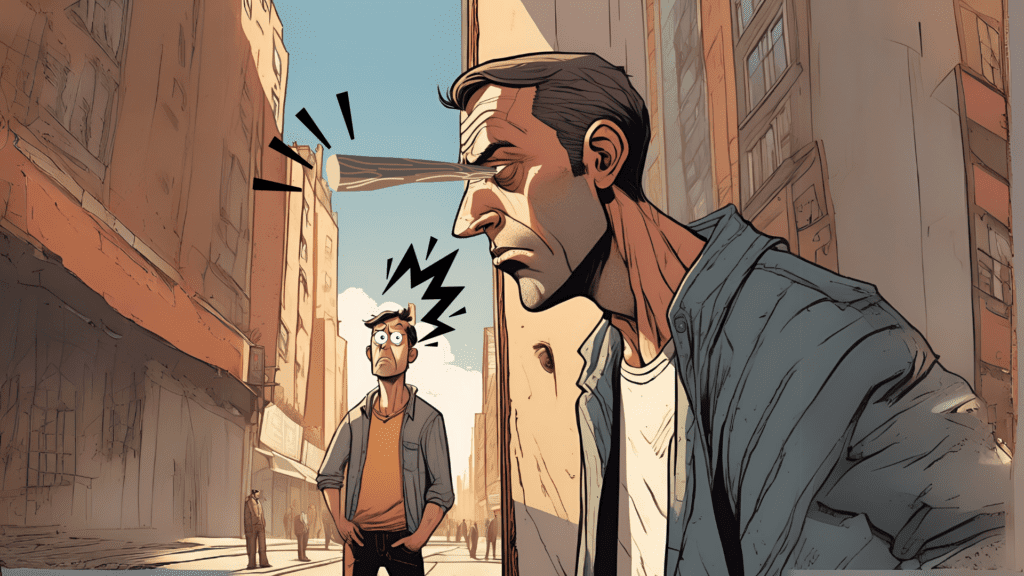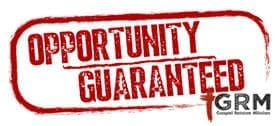“Why do you look at the speck of sawdust in your brother’s eye and pay no attention to the plank in your own eye? How can you say to your brother, ‘Let me take the speck out of your eye,’ when all the time there is a plank in your own eye? You hypocrite, first take the plank out of your own eye, and then you will see clearly to remove the speck from your brother’s eye.
Matthew 7:3-5
We are all in this together. Gentile and Jew, male and female, sinner and saint. We live together in this community surrounded by those that are of Native, African, European, Asian and other decent. Some are categorized as criminal, others as heroes and some end up in both camps. While there is so much hate and anger spewed against each other, the truth is that most of us simply want to be left alone to live out our calling. However, we are in this together, and there is no way to fulfill the way of God alone. We need each other to learn and grow.
In a conversation recently with a retired General, he made the point, “When making a decision I assume that I am correct.” He went on to explain that he never would purposely make a foolish decision. However, as a general, nobody took the time to challenge him. Most of the professional mistakes that he made in his career could have been averted by a bold enlisted soldier or junior officer taking a moment to point out an element that the general had not considered. He and I agreed that the challenge of senior leadership is often that others in our organization assume that we know what we are doing and do not ask questions. The other side of this, I fall into more often than I can count. Someone calls me out and I get defensive and somehow get the impression that I am stupid, weak, or simply a failure. If I am to grow, I must listen, consider, and then do something with the feedback, whether it is positive or negative.
Theodore Roosevelt as a state congressman stood definitely against an ordinance that would put some restrictions on tobacco production. At that time, cigars were put together in terrible, overcrowded apartments for very little money. Usually, an entire family would work day and night for one dollar. Not one dollar each, one dollar. The ordinance was going to change that and put some regulations into play so that particularly children would be protected. Theodore stood opposed to the government getting involved with business until he went to the tobacco tenements. When he experienced the destitution, saw the children and families and their plight, he changed his opinion. His energy went far in passing the bill and protecting children (side note: the New York State Supreme Court ultimately called the law unconstitutional). It was seeing with his own eyes that became the impetus for his decision-making from that point on.
“Plank check!” I want to declare that to myself before I step in to judge my brothers and sisters in Christ. “Plank check!” Too often I get strong opinions without really knowing the facts. I judge motives that are largely unseen. “Plank check!” Do I want others to judge my motives without talking to me? Do I want others to cast their opinions about me on social media based on second- or third-hand information? (They typically do that by the way!) My point is that, no. I want people to assume that I am doing the best I can with the information that I have been given. I want others to come to me face-to-face and have meaningful conversations about issues that we disagree on so that they know that at least I am not evil. If I want that, I must offer that to others. That is examining the plank in my eye.

My friends, how much better would our community be if we at least did that before we speak, post, or call?


